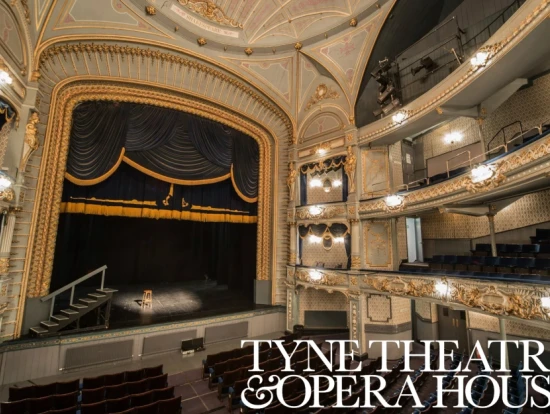Behind the Door Of... Theatre Royal
We chat to Marianne Locatori about what's happening in the city's most prestigious theatre
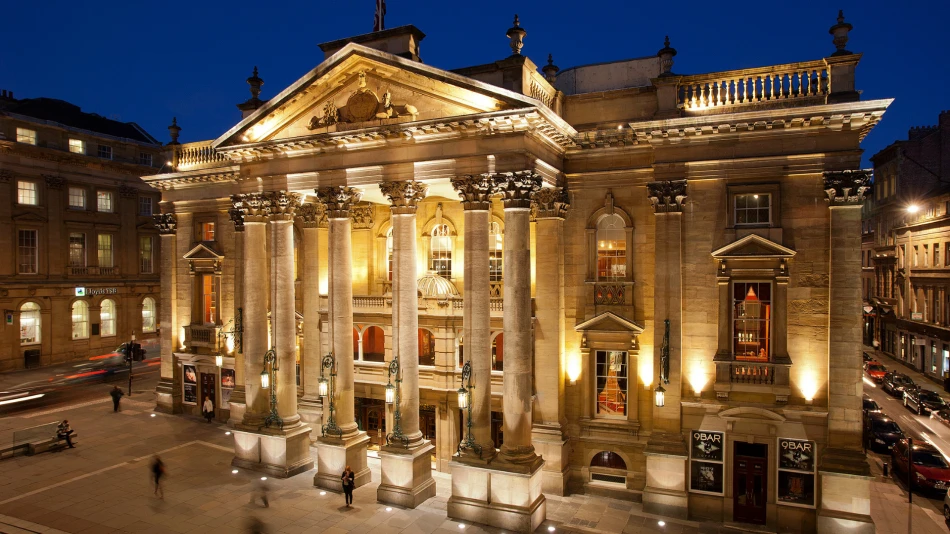
The Theatre Royal is probably the grandest building in Newcastle, on the grandest street, and plays a pivotal role in the city’s cultural life with a reputation for bringing world-class productions to the North East and its own fascinating story to tell.
We take a look behind the doors of this institution and chat with the theatre’s chief executive Marianne Locatori about some of the opportunities and challenges she faces heading up such a prestigious cultural force.
Theatre Royal actually began its life at the other end of Grey Street, off Mosley Street, back in 1788, and it wasn’t until 1837 that it moved to its current, magnificent home. An instantly recognisable façade – one of the finest in the country – is matched by a more recent but equally wonderful auditorium, built in 1901 after a fire destroyed its predecessor. But it’s what happens inside the theatre that is most significant, and the Theatre Royal is a tremendous figurehead for the city, bringing a constantly changing programme of theatre, comedy, ballet, opera, music and more to its historic stage.
In recent years, theatre has been beset by all manner of difficulties, not least the pandemic and the effect that’s still having on audiences, as well as the cuts to budgets that have affected everyone in the arts. It was in the midst of this that the theatre appointed its new Chief Executive, Marianne Locatori, back in October 2021, and we were lucky enough to have a fascinating conversation with her about the theatre and its future.

Obviously, arriving in a new city at a new theatre in the middle of a global pandemic presented some unusual challenges to Marianne and at first she was focused on keeping things afloat, but she does also admit that the unusual circumstances provided a breathing space to reflect on what was needed.
“I think we all expected the pandemic to have finished well before then, so when I first arrived, It was about survival.” Marianne explains. “It was about keeping the doors open and trying to keep the shows on the stage and keeping people well, actually. And that was the priority for the first six months of my time here. Then in mid-2022 we were able to start to looking at what we wanted to do and what this could be going forward, particularly post-pandemic. Because the world has changed and the way audiences want to see theatre has changed."
"Before I arrived, I could see there were huge opportunities and real potential for this thing to grow, to build on the brilliant work that's gone before and the brilliant the work that it does. And in a sense, (the hiatus) gave me time to arrive in a new city, to arrive in a new venue, and just take stock and see where we can make the biggest difference. It gave us time to think: what do we want this charity to do? What do we want this theatre to be? And what does the city need it to be going forward? I feel very privileged to have the opportunity to be custodian of this place and to build on what's gone before. So it's not a fundamental change, it's just - what more can we do?”
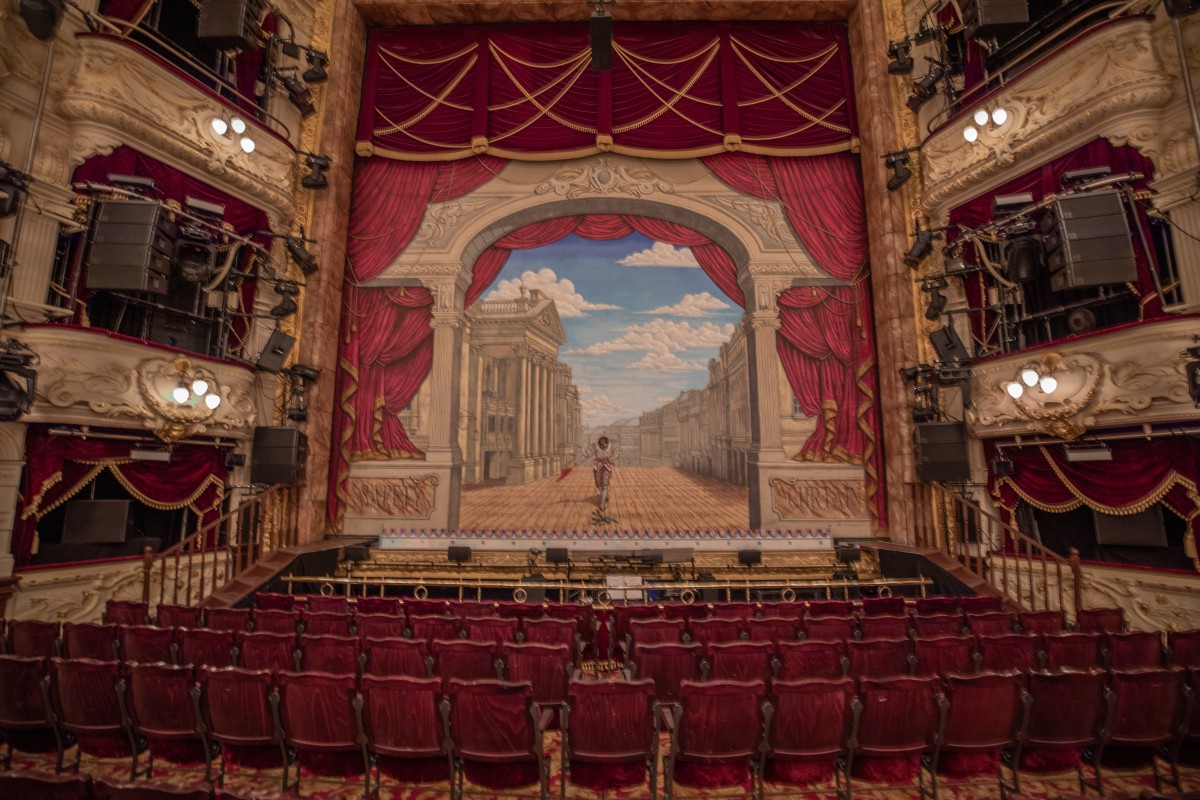
The theatre brings a non-stop stream of quality, high profile theatre to its stage and while there are no plans to change the overall approach to its programming, Marianne clearly wants to increase the reach and ambition of its offering.
“We are the biggest auditorium in this city, the biggest theatre in this city. And we programme world class national international productions. If we didn't programme them here, they wouldn't come to the region. And that's across the genres - musicals and dance, drama and ballet. That has always been the artistic vision for this organisation and continues to be so because - and I fundamentally believe this - it's really important that people who live in cities across the country get access to world class theatre on their doorstep.
"But how can we make that so it's more relevant or more representative of this community here in Newcastle and the North East? And what can we do to bring more of our community into this building to see theatre, and to see themselves represented on stage? So that's the ambition… making sure that what we put on our stage is meaningful and responding to the world that we live in. That’s not to say people shouldn’t come and have a great time here. We entertain, you know, we're here to give people an escape from what's going on in in the rest of their lives. And that's also really important.”
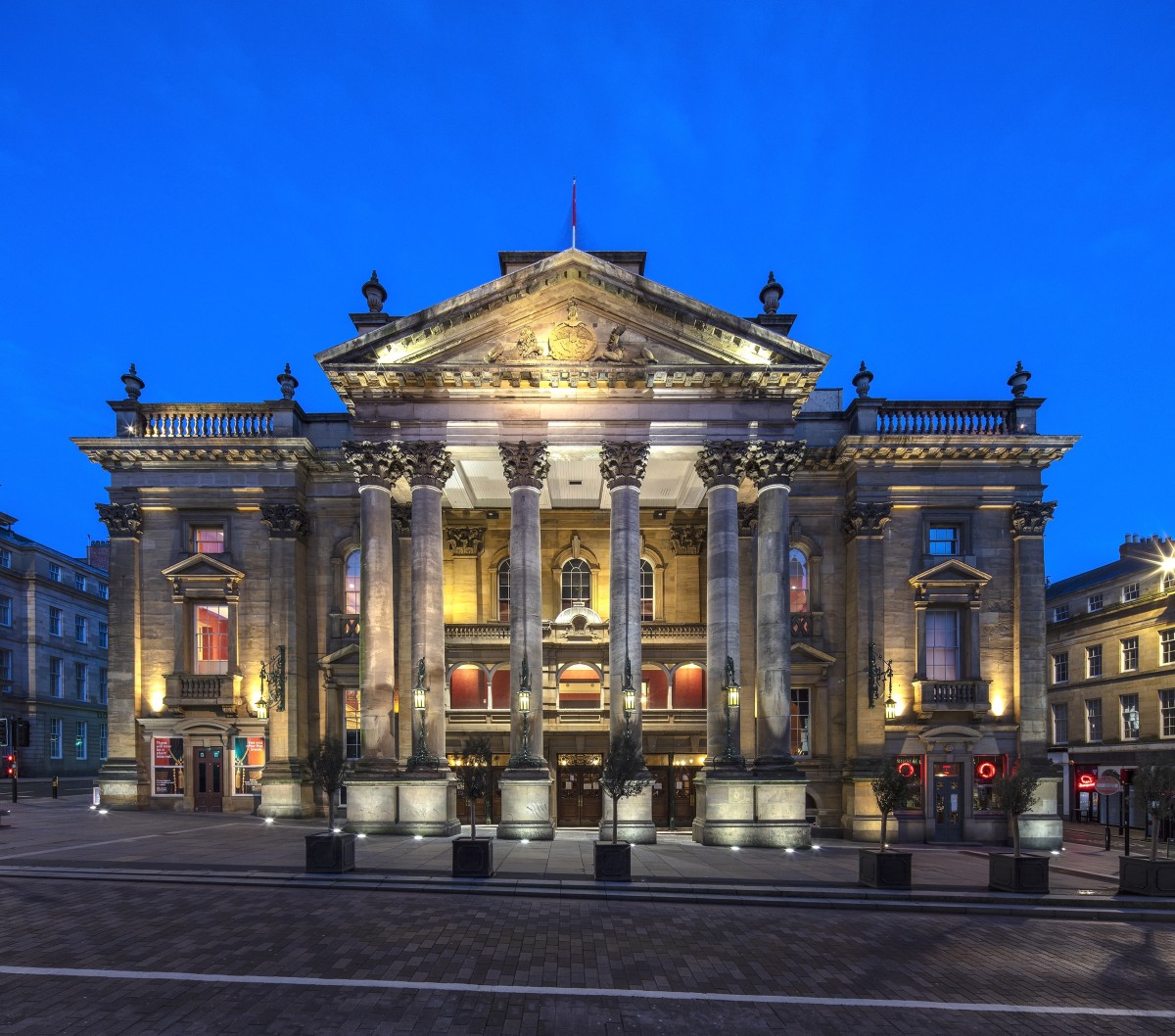
A key part of the theatre's connection with the city can be found in its outreach and engagement work, something that is clearly key to Marianne's plans and ambitions and that is the focus of much of the ongoing development at the theatre.
“We've got two strands of what we call our creative programme.” Marianne explains. “We've got the work on stage and with this, we want to see whether we can partner with more producers, because we are presenting theatre, not producing theatre. So historically we haven’t needed production but the theatre sector is having to look at how it works post pandemic: there is less money, so people are looking at new and innovative partnerships in order to be able to continue to create, and I'm interested in those kind of opportunities."
"The other thing that we really want to develop - and have started to do so (and again this is building on really good work that already existed) - is our creative engagement programme. We are focusing on young people and we're focusing on talent development. We’re trying to ensure that people who live in the city, or in the North East, recognise that they have creative talent that could be used. And then how are we engaging with our community and how are we telling the stories of our community and how are they seeing themselves reflected? So those are the three different areas and we're starting to develop programmes of work across all three, and I'm really excited about that because again it builds on what we do, but it it's about being meaningful to more people who live in Newcastle, for people to really recognise that creativity and culture can have a really positive impact on their life.”
Central to this engagement is the Project A training course, a highly successful vocational acting course that has already achieved significant results, with more than 90% of its graduates going on to achieve further drama school training, representation or professional roles.
“The creative engagement programme is essentially just building on the outreach programme that already existed. So Project A is this year-long training course which means emerging artists can actually get training here without having to leave and go to London or somewhere else. We're looking at how we can expand that part of that talent development programme - how do we make sure we're contributing to that talent pipeline, creating a next generation of actors or theatre producers or writers or directors? I've made a career of working in regional theatre, because I believe that there’s talent everywhere and it's just about harnessing that and giving people an incredible opportunity.”
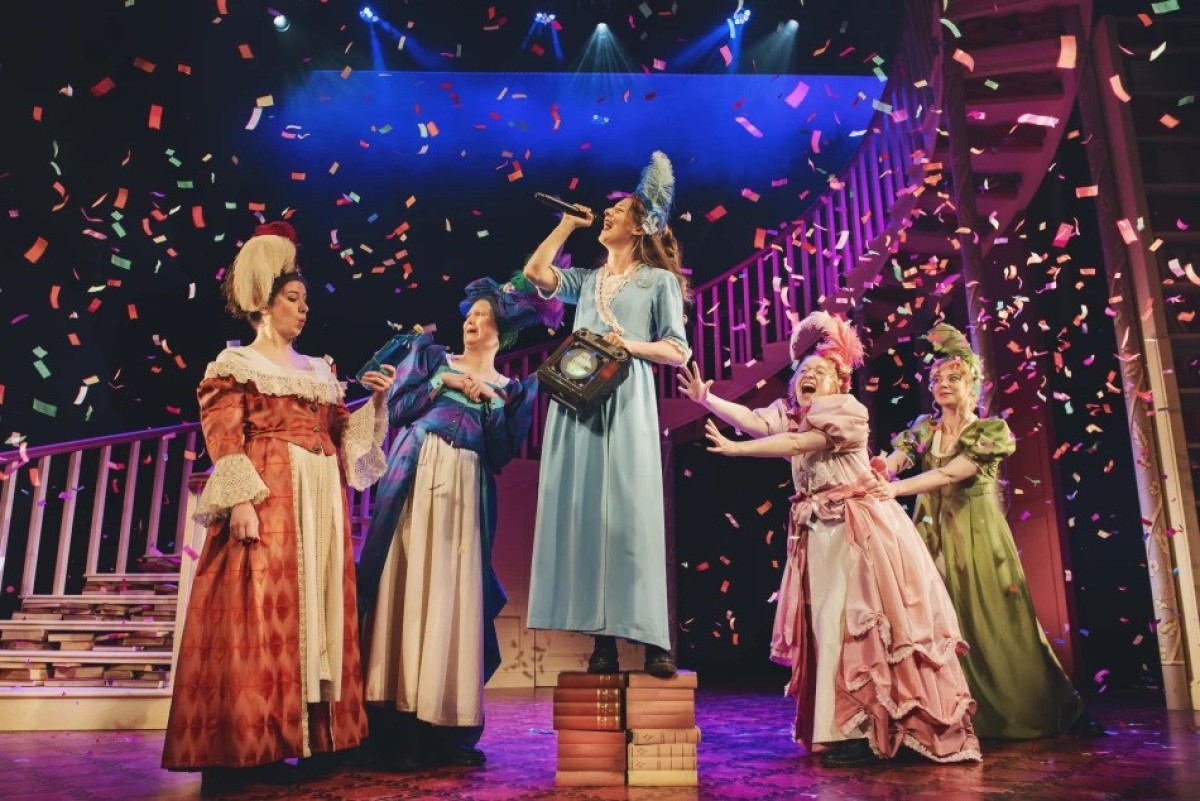
It's evident throughout our conversation with Marianne that she's is aware of and excited by the untapped talent present in the city and has a sense of Newcastle as a cultural force that needs to be harnessed and developed.
“One of the things about coming here is that it’s a brilliant city and it's a city that has such quality, such a good cultural life - it’s an exciting city from a cultural, creative perspective. We should be a powerhouse for the next generation of talent, so young people don’t feel like they have to leave. That's not just an issue for Newcastle. I think that's an issue for many regionals.”
A fine example of the kind of initiative Marianne wants to see more of is the theatre’s co-production of Pride & Prejudice* (*Sort Of), the theatre’s first co-production in more than a decade, which will begin its run at the theatre in September 2024. As revealed in our exclusive interview, this collaboration with award winning writer and producer team Isobel Arthur and David Pugh takes Austen’s classic and reframes it from the servants’ point of view with hilarious results. The show has already played in Newcastle and was very well-received but a West End run was scuppered by COVID. The pair were more than happy to work with the Theatre Royal on a new production, and are conducting auditions in the area to harness local talent, something that very rarely happens with shows like this and which very much connects with Marianne’s ambitions for the theatre.
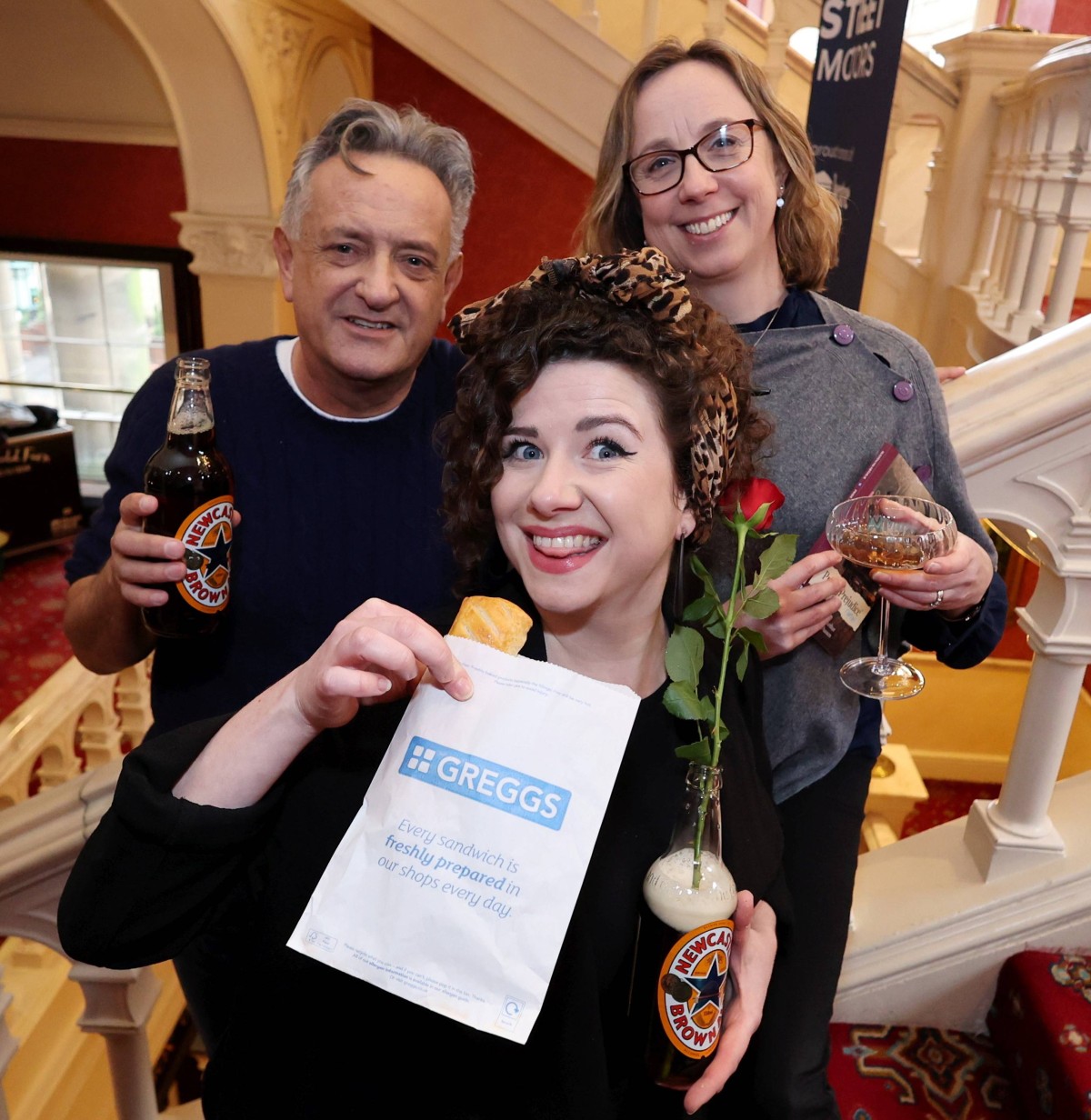
"I was talking to David Pugh about how we might work together, and the conclusion of that conversation was ‘let's partner together, open the show here’… That's the kind of new partnership that I'm excited about. It’s building on what's gone before, and obviously I'm hoping it'll be really successful and we can celebrate the talent that we've got here!”
Marianne’s love for regional theatre and for the city she now calls home is obvious, and it’s clear that she has plans for the Theatre Royal that will benefit Newcastle and the broader region, both in terms of the things we can all get to see but also for the impact it can have on emerging creative talent in the region.
Put simply, the Theatre Royal is a brilliant, pivotal cultural institution that is a credit to its city and its people and is on a mission to welcome more – and different – audiences through its doors. It’s an invitation we should all accept.



